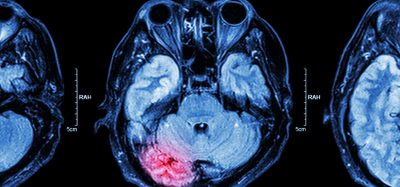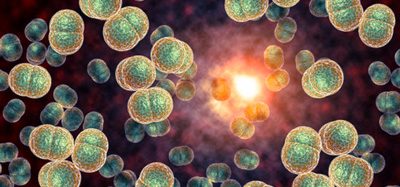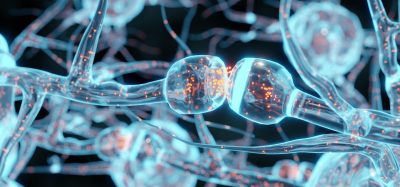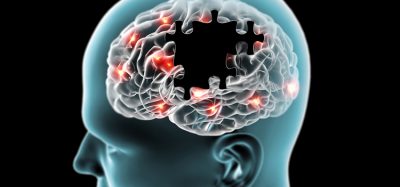XCL1 could mitigate psychiatric condition risk in offspring
Posted: 29 April 2024 | Drug Target Review | No comments yet
Adult anxious behaviour in offspring may be related to the early life proinflammatory state caused by the absence of elevated XCL1.
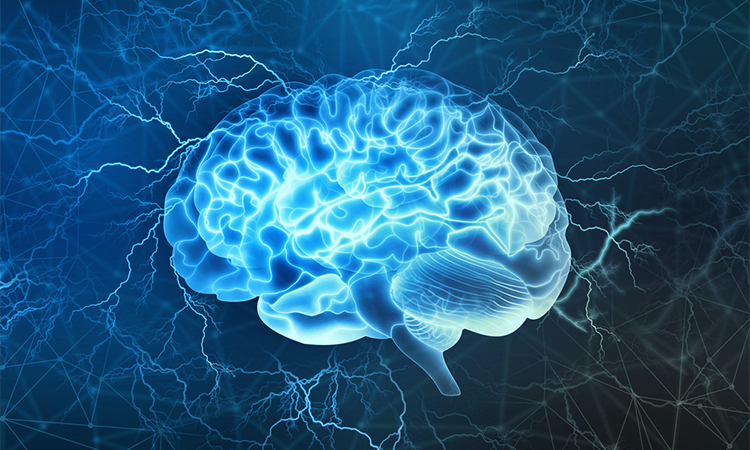

Scientists at Weill Cornell Medicine have found that cytokines circulating in maternal blood during pregnancy may mitigate an offspring’s risk for psychiatric conditions. This is surprising as circulating maternal cytokines are at such low levels that they were not associated with foetal brain development and offspring behaviour previously.
The T/NK cell chemotactic cytokine XCL1 produced by maternal immune cells can act as a pregnancy hormone and is needed for the correct development of the placenta, as well as the male offspring fear behaviour. These findings support epidemiological studies which have long indicated a link between human maternal infection and inflammation during pregnancy and offspring developing psychiatric disorders in later life.
Corresponding author Dr Miklos Toth, professor of pharmacology at Weill Cornell Medicine, explained: “Using mouse models, we found that circulating XCL1 normally remained at the same low pre-pregnancy level throughout gestation except for a short rise and fall in the middle period…This temporary rise is essential for the proper development of the placenta and offspring emotional behaviour.”
Biomarkers aren’t just supporting drug discovery – they’re driving it
FREE market report
From smarter trials to faster insights, this report unpacks the science, strategy and real-world impact behind the next generation of precision therapies.
What you’ll unlock:
- How biomarkers are guiding dose selection and early efficacy decisions in complex trials
- Why multi-omics, liquid biopsy and digital tools are redefining the discovery process
- What makes lab data regulatory-ready and why alignment matters from day one
Explore how biomarkers are shaping early drug development
Access the full report – it’s free!
Blocking this spike in XCL1 in maternal blood genetically, or neutralising it with anti-XCL1 antibodies, meant that increased production of factors associated with tissue damage in the foetal placenta occurred. This resulted in increased innate anxiety and stress reactions in male mouse offspring. Additionally, the team discovered a neuronal abnormality in the developing brains of these offspring, specifically in the ventral hippocampus. This region has been linked to anxiety and anxious behaviour.
The adult anxious behaviour of the offspring may be related to the early life proinflammatory state caused by the absence of elevated XCL1, because the immune and neuronal abnormalities observed when the cytokine spike was blocked were normalised by adulthood.
Moving forwards, Dr Toth will investigate other chemokines that may regulate placenta development and affect offspring emotional behaviour. The team plans to collaborate with researchers who have access to pregnant women’s blood samples to confirm if the profile of XCL1 corresponds to the observations in mouse models.
This study was published in Brain, Behavior, and Immunity.
Related topics
Cytokines, Drug Targets, Neurosciences
Related conditions
Anxiety
Related organisations
Weill Cornell Medicine
Related people
Dr Miklos Toth (Weill Cornell Medicine)




